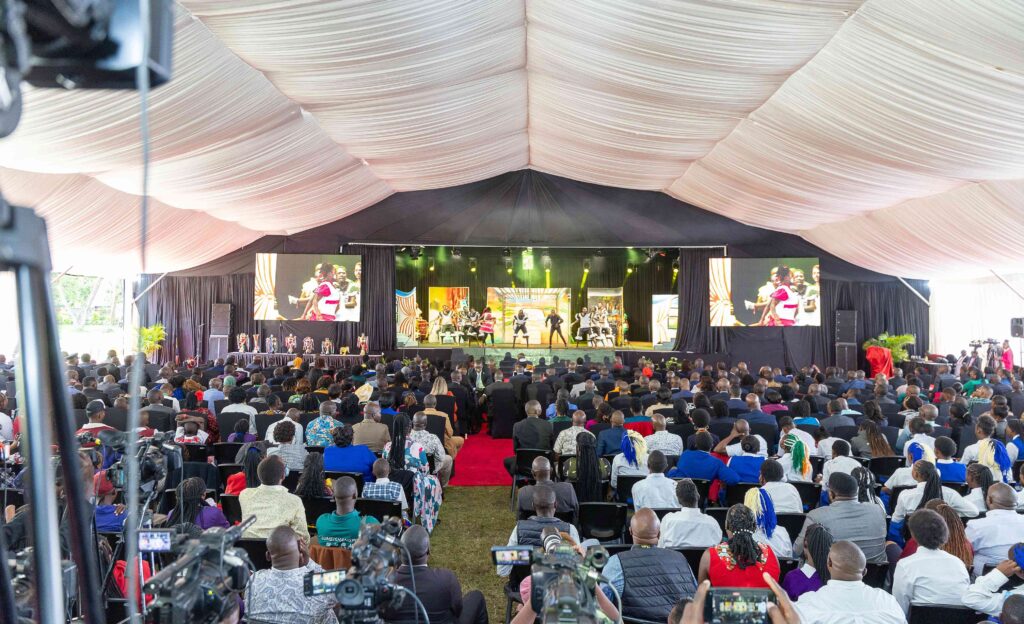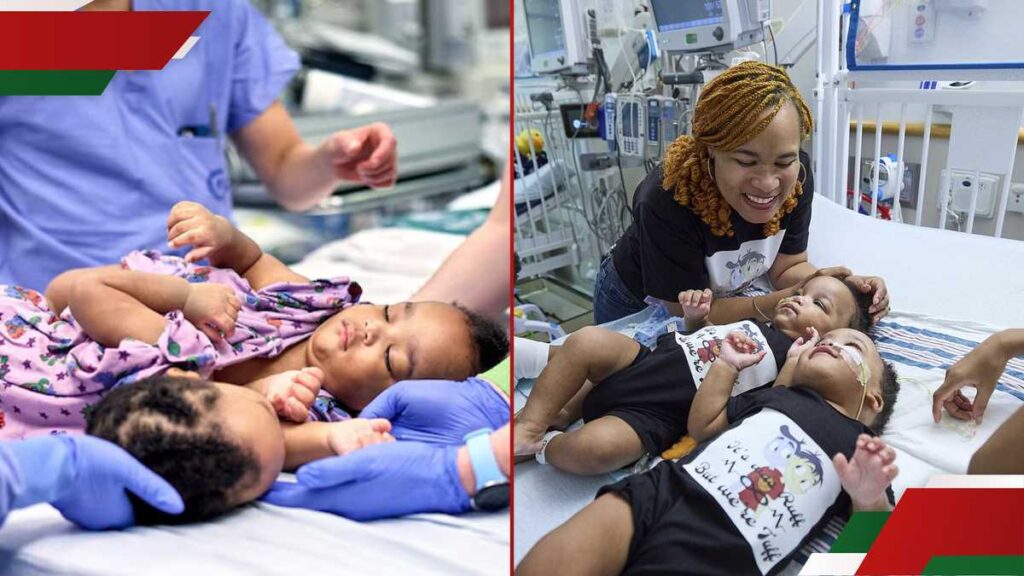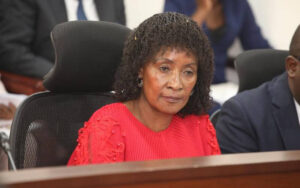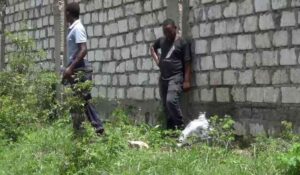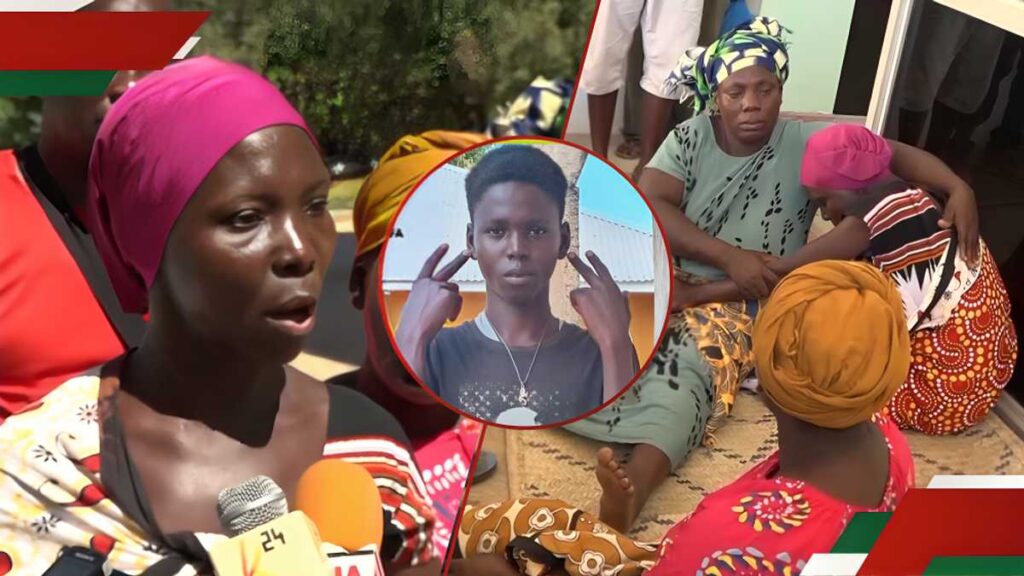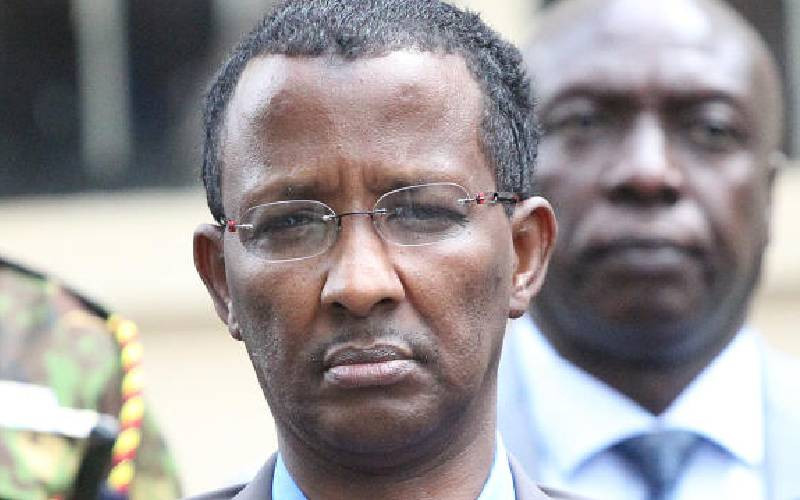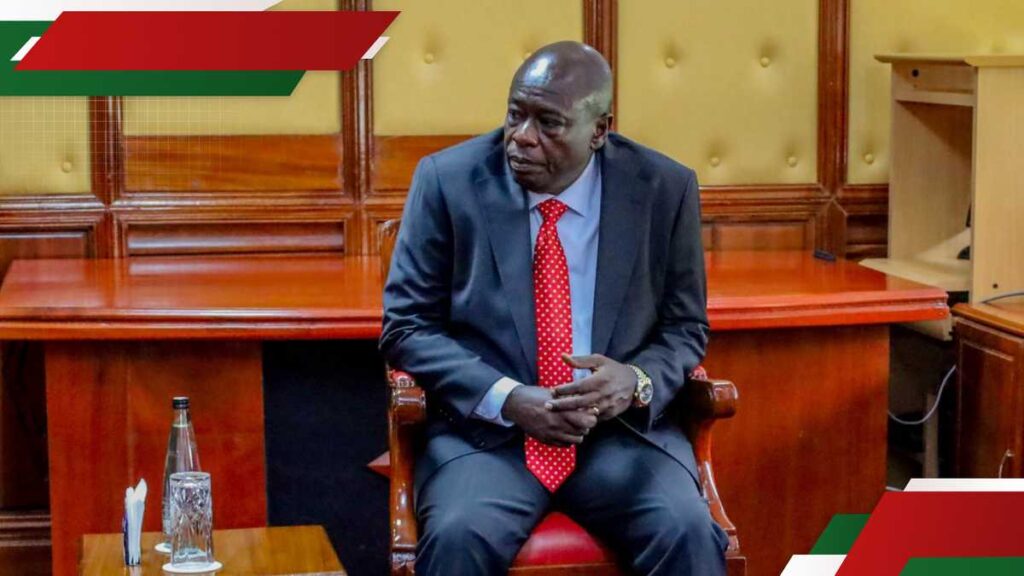None of the hard-hitting presentations that captured the state of the nation presented during the just concluded national music and drama festivals made to the state concert.
Plays depicting corruption, abductions, the failing healthcare system and scenes from last year’s anti-government protests were excluded from this year’s concert where President William Ruto was the chief guest.
Majority of the presentations that stole the show during the ten day National drama and film festival were missing in yesterday’s state concert.
Plays like the Walls of Jericho which replayed scenes that rocked the country during last year’s anti-government protests, where Gen Z protesters braved police bullets and teargas did not make for the State concert whose audiences were majorly government officials.
In the play, students fused creativity and symbolism to bring out the story that revolved around a large, imposing cat, who builds a high wall to stop a group of kittens from accessing much-needed meat at the local butchery.

As the kittens face the threat of starvation, their struggle becomes the focal point. The kittens, worried about their survival, devise a plan to scale the wall.
Another play that powerfully captured the ailing health system in the country, but never made to the State concert, included a presentation by Maranda Boys High school, titled MakMende, a narrative that exposed the sorry state of healthcare in the country.
The story shows how a school play’s lead actor, Desmond Ng’uono, is diagnosed with a bizarre chest condition. His misdiagnosis sparks a chaotic journey from local dispensaries to an Indian hospital—only to uncover shocking medical negligence.
A local level 5 hospital misdiagnosed his condition and sent him to India for an operation to remove a cockroach lodged in his chest. This leads to expensive fundraising to send him abroad for the urgent operation only to find that it was an Xray machine at the local hospital in Kenya that had cockroaches in it.
His ordeal exposes the dire state of the health sector.
The play, ‘Slosh of a Wash’ by Leiser Hill Academy which was presented during the National drama and film festivals also did not make it for the State Concert.
The play depicted the struggles of youth in the fictional neighborhood of Halem, where a powerful county council leader named Festus has diverted the community’s free water supply.
Festus, who runs a water business, falsely accuses the youth-run car wash of causing the resulting shortage. This leads to a collapse of the carwash, leaving talented youth resorting to pick-pocketing, drug abuse, and other illicit activities.
Further exploring societal decay, the story highlights corruption within religious institutions, seemingly impeding the progress of young people.
Stay informed. Subscribe to our newsletter
The play portrays Festus, who is also a church leader commanding the respect of youth, making it difficult for them to speak out due to his mother’s financial obligation to the church, which helped her with the money to purchase drugs.
It depicts the current scenes in the country where politicians donate a significant sum of money to churches that often rely on donations for their operations, development projects, and charitable activities.
Other presentations that never made it to the State concert were those that revealed the rot in the sports sector in the country by Shamberere National Polytechnic. Their narration shows that despite the wealth of talent across the country, many sportsmen and women struggle to access basic resources such as quality training facilities, equipment, and support systems.
Their piece, through dynamic choreography, depicted the entrenched corruption in Kenya’s sports leadership and its exploitative consequences on athletes in the country.
Others like Taita Taveta Technical and Vocational College tackled youth unemployment in a choral verse that resonated with current scenarios.
The narrative depicted the harsh plight of desperate graduates who, in the absence of viable opportunities, fall prey to fraudulent job-swapping schemes that exploit their vulnerability.
During the State concert, President Ruto issued a warning against the exploitation of learners, alleging that some individuals were using children to spread negative ethnic and political messages.
In what seemed to be an address to former UDA Secretary General Cleophas Malala’s recent involvement in writing the controversial play, Echoes of War’, President Ruto warned that he would not allow children to be used for political gains.
This year’s festivals were overshadowed by drama after Butere Girls’ play, titled Echoes of War, was disqualified from the drama festival under unclear circumstances, but a High Court ruling overturned the decision and ordered it to be included.
The government deemed the play unsuitable for public consumption, a situation that has attracted a lot of criticism after police fired tear gas to disperse a crowd and learners who had gathered to watch a controversial play.
“There is more to celebrate as Kenyans than the negativity that some of us want to, and that I will stand firm to protect the children and make sure we have a nation,” President Ruto said during the event.
Eleven out of 800 items staged at this year’s National drama and film festivals were staged during the State concert, among them cultural dances, choral verses, singing games, narrative, and a play.
Unlike the hard-hitting, energy-packed presentations that played out during the festivals, the items presented were mild and failed to capture the themes that prominently played out in most presentations.
One of the narratives that were staged during the State concert is Seme TTI’ s presentation titled ‘ Aviator ‘, an item that depicts the dangers of gambling, which many youths, especially those in higher learning institutions, engage in.
Moi High school-Mbiruri’s hilarious presentation titled Classmate highlighted how merit does not always determine success and how the world does not always reward individuals based on their true abilities.

‘Classmate’, advocates for a balance between studies and co-curricular activities. In their narration, the students depicted how an average student who balanced between studies and talent ended up in a position of power and ended up hiring the A student who was bright in school.
Other performances presented during the gala also included ‘Hadithi Yangu’ a choral verse by Moi Airbase, Olaputopu by Nalando Secondary, and a cultural dance titled ‘ Cherop’ among others.
National drama and film festivals chairman Prof Christopher Odhiambo called on the government to help schools come up with theatres as part of infrastructure to help mainstream Arts and Sports science as a pathway under CBC.








